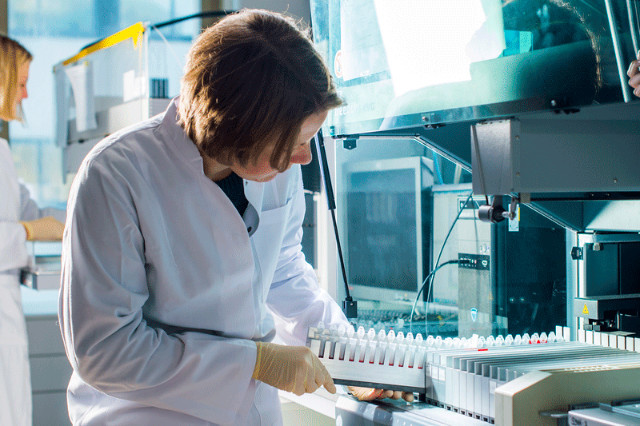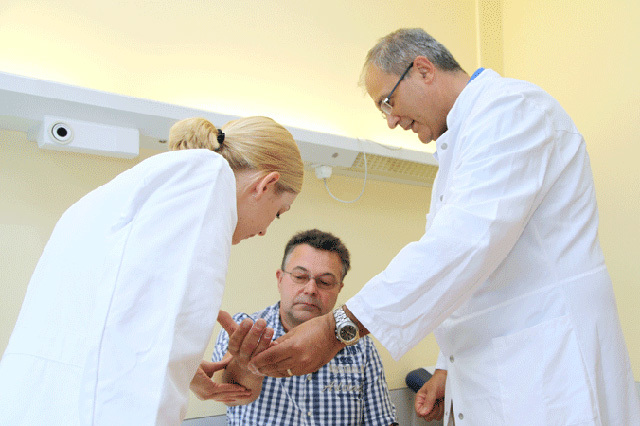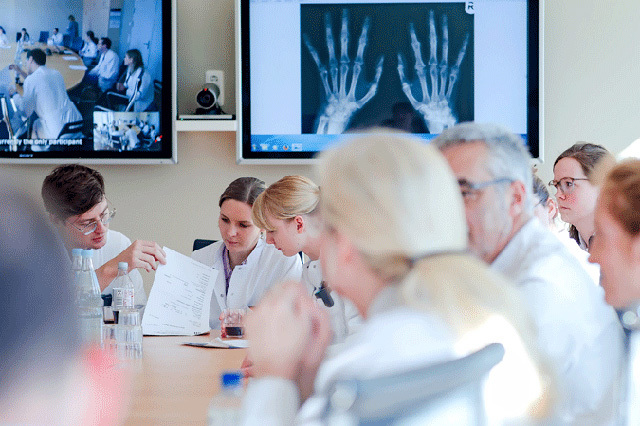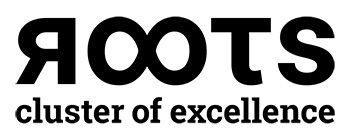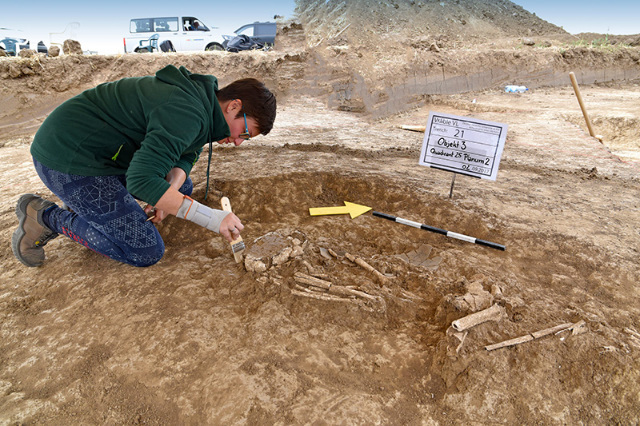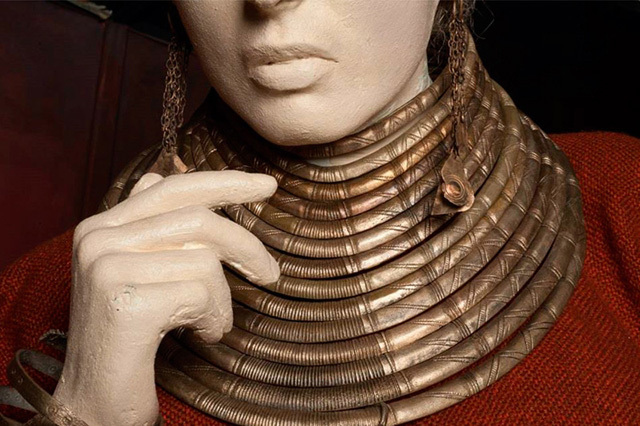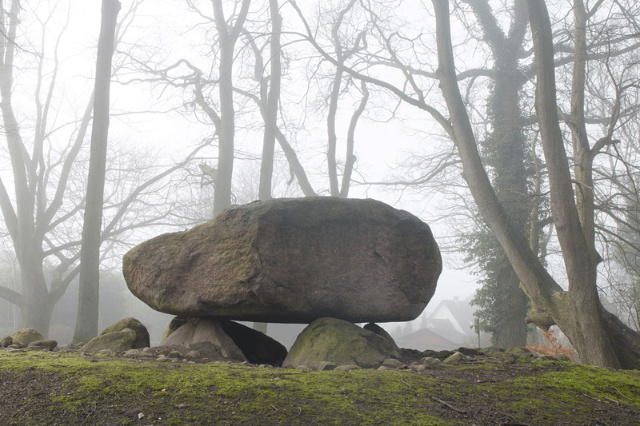Clusters of Excellence
Kiel's university and non-university institutions have been working closely together in Clusters of Excellence for years.
The Clusters enable scientists to conduct interdisciplinary research in a unique manner. They are funded as top-class university research through the German Excellence Strategy of the federal and state governments.
Two new Clusters commenced work in 2019 - "Precision Medicine in Chronic Inflammation" and "ROOTS - Social, Environmental and Cultural Connectivity in Past Societies".
Precision Medicine in Chronic Inflammation
Members of the Cluster of Excellence "Precision Medicine in Chronic Inflammation" (PMI) in Kiel, Lübeck, Plön, Borstel and Grosshansdorf want to develop treatment approaches that take into account the personal requirements of the patients at every stage of their chronic illnesses.
The objective is to be able to predict the individual disease progression and success of treatment of inflammatory diseases as precisely as possible.
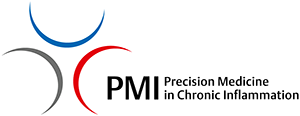
Participating institutions
- Kiel University (CAU)
- UKSH
- Muthesius University of Fine Arts and Design
- Kiel Institute for the World Economy (German)
- Leibniz Institute for Science and Mathematics Education (IPN)
- Max Planck Institute for Evolutionary Biology
- Research Center Borstel - Leibniz Lung Center (FZB)
- LungenClinic Grosshansdorf lung clinic (German)
Many diseases targeted
The PMI Cluster’s research focuses primarily on chronic inflammatory diseases of the barrier organs. These include chronic inflammatory bowel diseases, particularly Crohn's disease and ulcerative colitis, inflammatory skin diseases such as psoriasis and neurodermatitis, inflammatory rheumatic diseases such as rheumatoid arthritis, lupus erythematosus and ankylosing spondylitis, and lung diseases such as asthma and chronic bronchitis, as well as brain diseases such as Parkinson’s disease.
The Cluster of Excellence "Precision Medicine in Chronic Inflammation" (PMI) is being funded with a total of €51 million from 2019 to 2025 through the German Excellence Strategy.
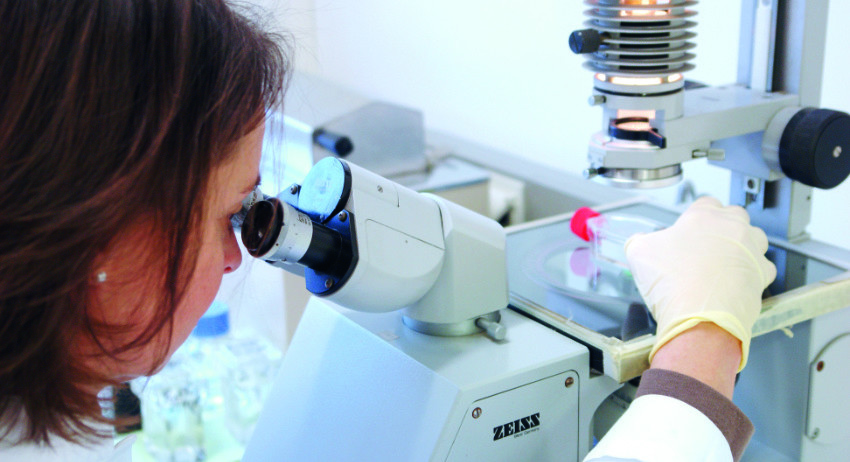
Increased transfer in practice
The work of the Cluster of Excellence "Precision Medicine in Chronic Inflammation" (PMI) follows on from the Cluster of Excellence "Inflammations at Interfaces", which operated from 2007 to 2018. Similarly, the latter’s aim was to research inflammation from the ground up, provide teaching on the new findings and integrate these into clinical practice.
The follow-up PMI Cluster now plans to reinforce the transfer of research results into hospital patient care. Researchers from the field of fundamental research and clinician scientists are working closely together on this. Two Comprehensive Centers for Inflammation Medicine (CCIM) in Kiel and Lübeck offer system-based patient care by physicians from various specialist disciplines.
ROOTS – Societal, Environmental and Cultural Connectivity in Past Societies
The aim of the Cluster of Excellence "ROOTS – Societal, Environmental and Cultural Connectivity in Past Societies" is to learn from the past for the future.
Researchers from the fields of archaeology, humanities, natural sciences and life sciences are together investigating the roots of social, environmental and cultural phenomena and processes that substantially marked past human development in the long term.
Learning to understand the Interactions between people and their environment
The members of the interdisciplinary association are researching prehistoric, ancient and pre-modern societies based on the assumption that they were profoundly shaped by the interaction between people and their environment. A better understanding of these "connectivities" should help to improve the way we deal with social developments and crises like conflicts or climate and environmental change.
Scientists from various institutes at Kiel University (CAU) are members. The German Archaeological Institute (DAI) is an important ROOTS partner. ROOTS uses the structures of the Graduate School "Human Development in Landscapes" (GSHDL), which was funded by the Federal Government's Excellence Initiative from 2007 to the end of 2018.




